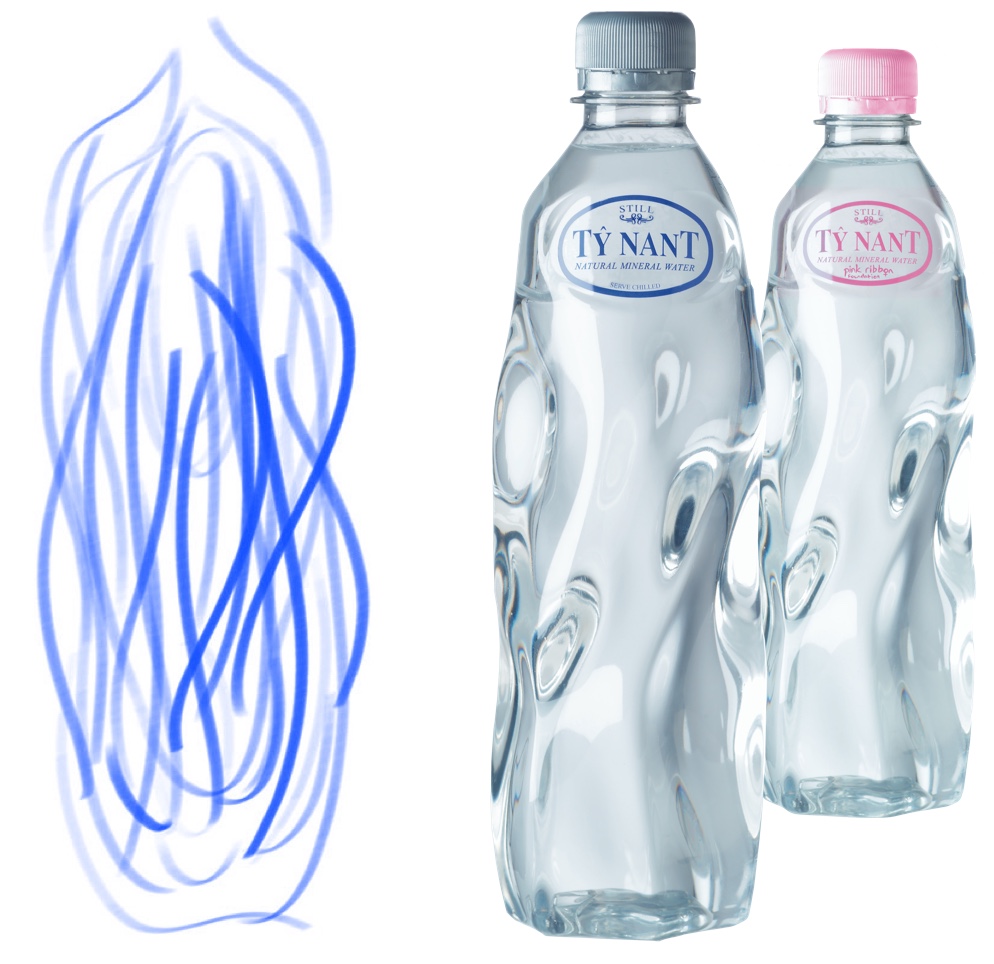Constipation is a fairly common problem in felines, and while severe cases must always be seen by a vet, mild bouts can often be helped safely at home.
If your cat has been straining in the litter tray or hasn’t passed a stool for a little while, here’s a practical guide to easing mild constipation and keeping your furry friend comfortable.
What Are the Signs?
Cats can be subtle, but the clues are often there. Look out for:
Straining or repeatedly visiting the litter tray
Small, dry, pellet-like stools
A dip in appetite
Seeming uncomfortable when lying down
A firm or slightly swollen tummy
A generally grumpy or lethargic mood
If your cat is also vomiting, refusing food entirely, or seems in significant pain, contact your vet straight away.
Gentle Ways to Help at Home
1. Boost Hydration
Water plays a huge role in healthy digestion. To encourage your cat to drink more:
Offer multiple fresh water stations around the house
Use ceramic, metal, or glass bowls rather than plastic
Consider a cat water fountain—many cats adore running water
Add a little water to wet food to increase moisture
2. Add More Wet Food
Wet food is naturally hydrating and easier to digest. Even mixing a portion of wet food into your cat’s usual diet can soften stools and get things moving again.
3. Introduce a Small Amount of Fibre
A touch of fibre can help, provided your cat is drinking enough. Safe options include:
A teaspoon of plain pumpkin purée (but no pie filler)
A tiny pinch of psyllium husk mixed thoroughly into food
Veterinary gastrointestinal diets designed to aid digestion
Introduce fibre gradually—too much too quickly can backfire.
4. Encourage a Little Activity
Even a short burst of play can stimulate the digestive system. Try:
Wand toy
Feather teasers
Light chase games
Puzzle feeders to keep their mind and body moving
5. Create a Stress-Free Litter Tray Area
Cats are particular about their toilets. Make sure:
The tray is clean and easy to reach
There are enough trays—ideally one per cat, plus one spare
The litter is unscented and comfortable underpaw
A relaxed cat is far more likely to use the loo comfortably.
6. Only Use Vet-Approved Stool Softeners
Never give human laxatives—they’re unsafe for cats. Your vet may recommend a precise dose of a feline-friendly option like lactulose or liquid paraffin, but always seek advice before using any medication.
When to Seek Veterinary Help
While mild constipation can often be eased at home, there are times when only a vet will do. Call your vet if:
There have been no stools for 48 hours or more
Your cat is vomiting, refusing food, or appears bloated
You suspect they may have swallowed something
Constipation happens regularly
Your cat has an underlying health condition
Prompt attention helps prevent complications such as megacolon, which can be serious.
A constipated cat can be a worrying sight, but gentle adjustments at home—boosting hydration, improving diet, encouraging movement, and reducing stress—often help things improve. Keep an eye on litter tray habits and trust your instincts: you know your pet better than anyone.










.jpg)






.png)
.jpg)
.jpg)